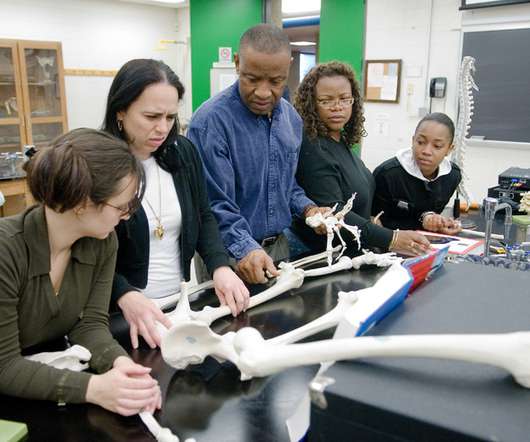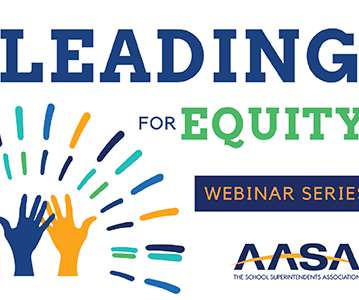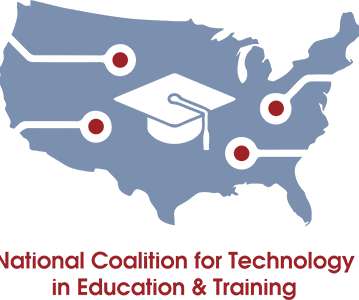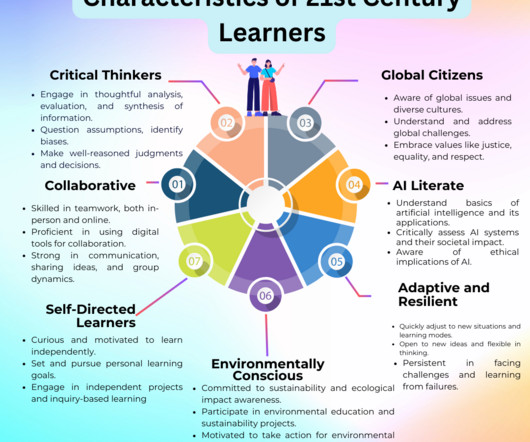Science-backed scalable tools improve student mental health
eSchool News
APRIL 2, 2024
Studies show that screening students for mental health functions serves as intervention and prevention of developing mental health issues (Desrochers, 2006). For example, a universal screening can be sent out to students via email, made accessible on school/college websites, and provided as a part of academic advising and counseling services.















































Let's personalize your content